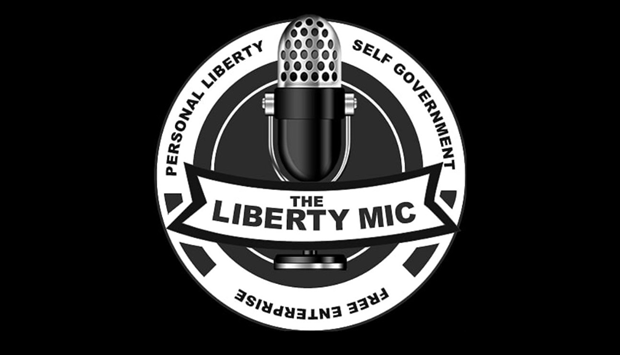Bookended by Scott Horton, Michael and Liberty Larry discuss the Afghanistan withdrawal, domestic terrorism and more.
Block Party
We discuss the major media obstinance about leaving Afghanistan, a few issues where Biden is saying the right things and a few issues where the government is doing the wrong things.
Tax Insubordination
RIP John McAfee. After that, this is kind of a stream of consciousness podcast, where we talk about taxes, rent, sanctions and more.
Secrets and Summits
The Biden-Putin meeting in Geneva is the big news for the week. It can be generously called successful, at least on the most important issue the two countries face. There’s some background provided on public healthcare administration and the hidden conflict with healthcare professionals. And, finally, Victoria’s Secret enters the culture wars.
